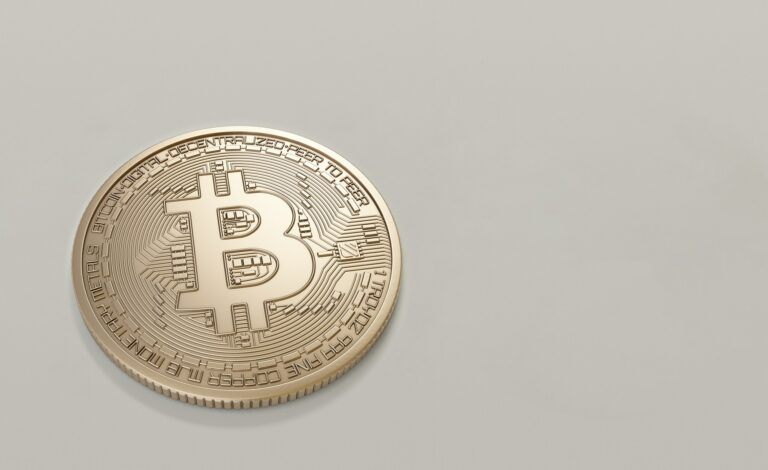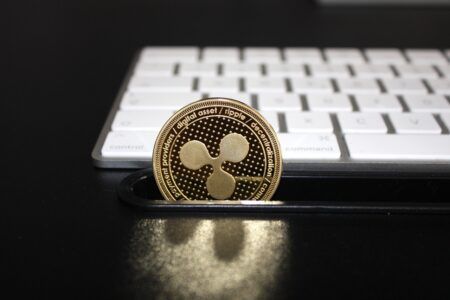Robert C. Merton, an American economist and professor at the MIT Sloan School of Management, is once again declaring the end for Bitcoin. Merton, who was awarded the Nobel Memorial Prize in Economic Sciences in 1997, has made it a habit recently to dismiss supporters of bitcoin and cryptocurrency as ignorant at best and delusional at worst.
In April, while speaking at a fintech forum in Hangzhou, China, Merton emphasized that currencies that are not protected by the law or backed by a government or bank, are not real money. “Don’t believe in bitcoin, unless it is supported and officially recognized by governments. But I think this will never happen,” Merton stated.
More recently, Merton spoke with PBS about his views on the recent losses in the cryptocurrency markets. The economist continues to push the idea that an asset cannot be a true currency unless backed by a government entity.
“The only possible legal tender currency is one controlled by government,” Merton wrote via email to PBS. “Fiat but legal tender currencies actually have intrinsic value because by law they can be used to settle all tax and other payments to the government and they MUST be accepted as payment for obligations denominated in that currency.”
Merton’s concerns seem to hinge around the possibility for losses without a centralized authority or governing body to protect cryptocurrency users, similar to the Federal Deposit Insurance Corporation (FDIC) in the United States. The FDIC is a United States government corporation providing deposit insurance to depositors in U.S. commercial banks and savings institutions. Backing by the FDIC lets consumers know their funds are insured, something cryptocurrency developers cannot currently offer cryptocurrency investors.
Merton also asks what happens if governments of the world opt to declare Bitcoin illegal. “Recall that owning gold coins or bullion by U.S. citizens was illegal in U.S. from 1933 to 1975 and so gold could never have been a currency in the U.S. during that time,” Merton wrote.
The Nobel Laureate also believes that “all but the most diehard bitcoiners” have given up on the idea that bitcoin can be used as a functioning currency and now regard it as a store of value.
“When asked what value it has, they point to gold, no one really has a good theory of the price of gold. It’s a puzzle,” Merton told PBS. “And so I believe it’s a sign of how desperate the bitcoiners have become that the only argument for bitcoin as a serious store of value is by analogy to something whose value we don’t understand its value!”
Nakamoto on Government Control
However, Mr. Merton seems firmly out of touch with the cryptocurrency space and the intentions of the original developers, including Satoshi Nakamoto, the mysterious founder(s) of Bitcoin. The notion that a government, bank, or other central authority need recognize Bitcoin to obtain legitimacy goes against the very foundation of the first cryptocurrency. In his white paper announcing the creation of a new peer-to-peer, digital cash system, Nakamoto notes, “Governments are good at cutting off the heads of a centrally controlled networks like Napster, but pure P2P networks like Gnutella and Tor seem to be holding their own.” This sentiment is a perfect example of why Nakamoto and his supporters sought to avoid allowing a centralized system – including a government or bank – to control Bitcoin.
Regarding the use of Bitcoin and other cryptoassets as currencies, Mr. Merton also seems to ignore the fact that tens and thousands of people around the world have used Bitcoin to pay for goods, flights, food, and an untold number of services through the increasing amount of merchants willing to accept cryptocurrencies. If one can trade their stored time, energy, and efforts via a digital asset in exchange for real world goods, is that not serving the function of a currency?
Time will tell whether Robert Merton or the crypto-enthusiasts are correct. For the moment, a growing portion of the global population find value in trading cryptoassets like Bitcoin. These digital tools offer possibilities previously unavailable to much of the so-called “Third World”, including the ability to send value nearly instantly, for very little to no fees. Whether we call that a currency or not, one cannot deny the real world impact of such a tool.








